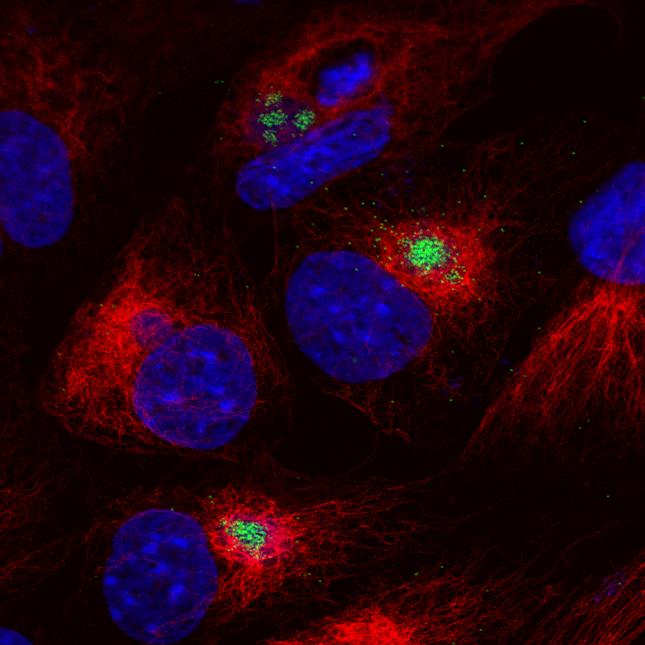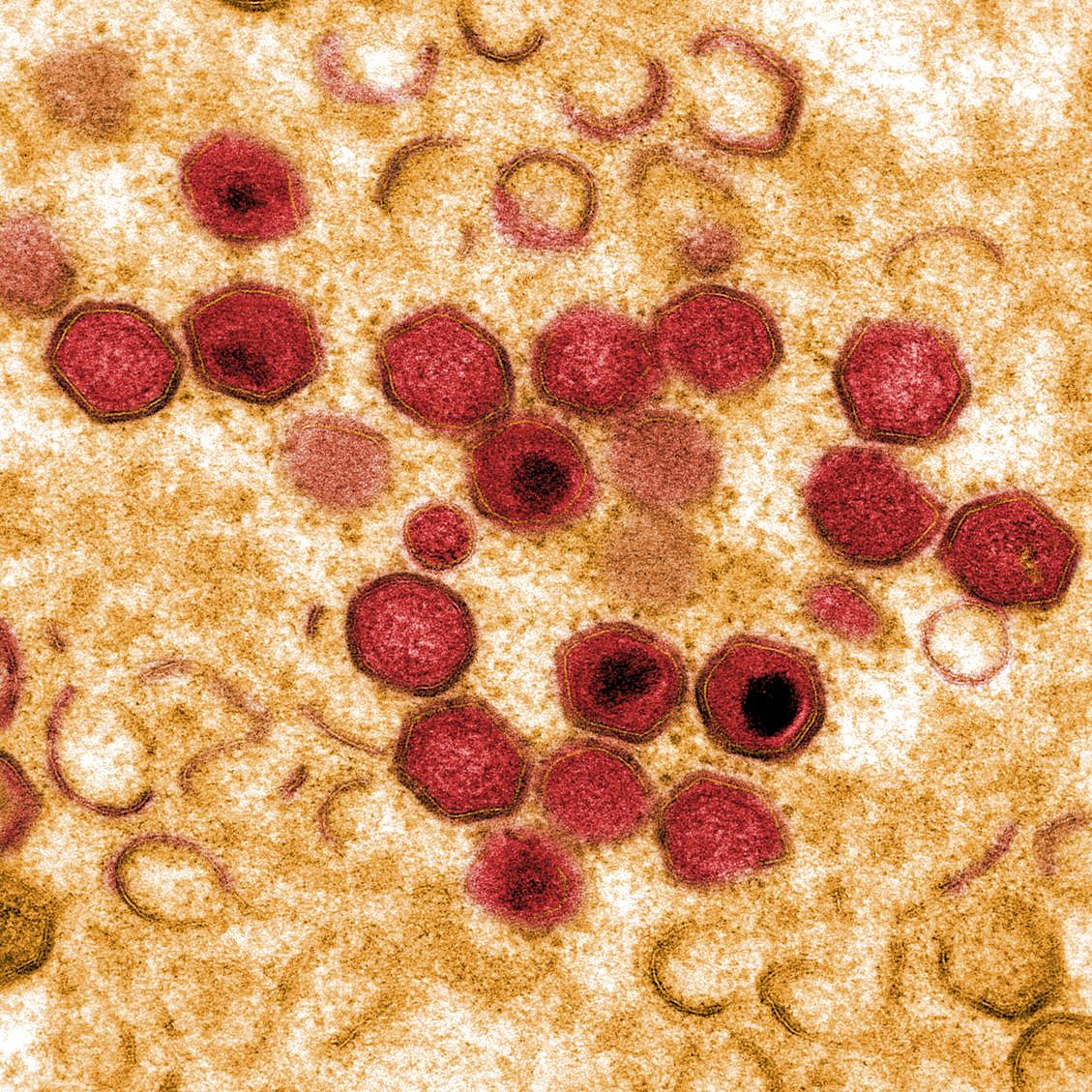Transmission routes of African swine fever virus to domestic pigs: current knowledge and future research directions
African swine fever (ASF) is a major threat to the pig industry in Europe. Since 2007, ASF outbreaks have been ongoing in the Caucasus, Eastern Europe and the Baltic countries, causing severe economic losses for many pig farmers and pork producers. In addition, the number of ASF cases in wild boar populations has dramatically increased over the past few years. Evidence supports direct contact with infectious domestic pigs and wild boars, and consumption of contaminated feed, as the main transmission routes of ASF virus (ASFV) to domestic pigs. However, significant knowledge gaps highlight the urgent need for research to investigate the dynamics of indirect transmission via the environment, the minimal infective doses for contaminated feed ingestion, the probability of effective contacts between infectious wild boars and domestic pigs, the potential for recovered animals to become carriers and a reservoir for transmission, the potential virus persistence within wild boar populations and the influence of human behaviour for the spread of ASFV. This will provide an improved scientific basis to optimise current interventions and develop new tools and strategies to reduce the risk of ASFV transmission to domestic pigs.

